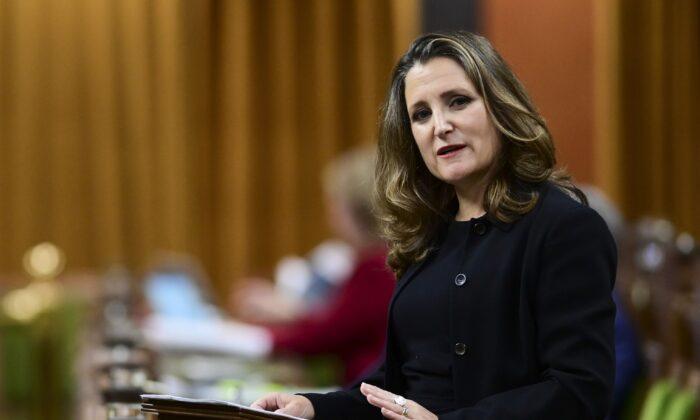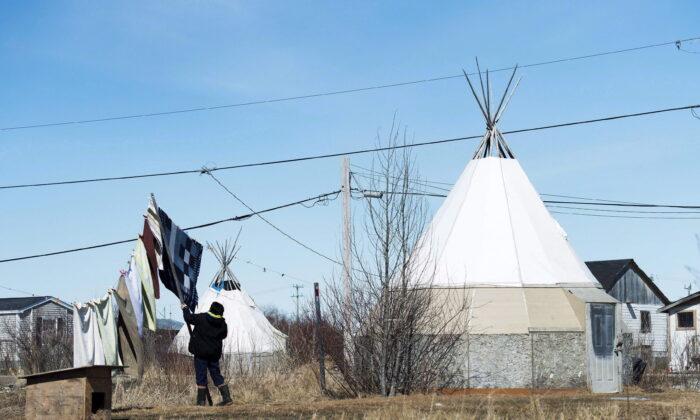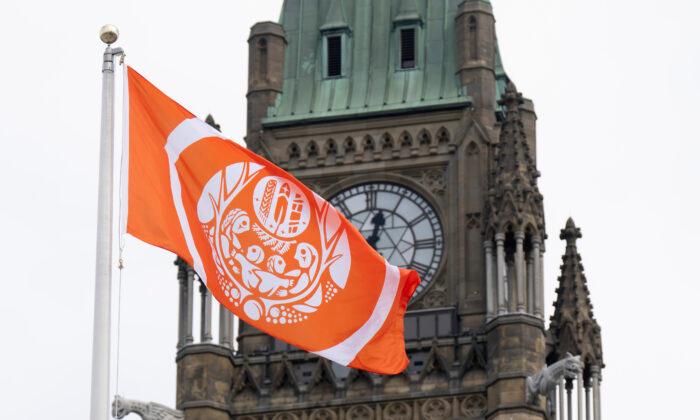The case may be stated that the value of housing is the constant and that price increases are a function of money losing value. At low-end inflation of just the 2 percent sought by the Bank of Canada, the value of money halves every 36 years.
Even as they take time to germinate, the Bank of Canada sows the seeds of inflation by crediting billions to government checking accounts and pretending to buy valuable bonds in exchange. That’s how printing money works today. In the long run, the late Milton Friedman’s famous saying has always come through: “Inflation is always and everywhere a monetary phenomenon.”
For remediation of COVID-induced excesses, increasing taxes may not right the ship. A gains tax on housing may also lessen the supply existing homes on the market, thereby further increasing prices. Why sell your house or shares to have, say, only 75 cents on the dollar after paying the gains tax?
It’s expected that the government will increase taxes on corporate profits, which the C.D. Howe Institute advises against. The evidence is compelling that lower rates—but obviously not to zero!—generate more tax revenue and enhance wealth-generating and tax-generating investment. Prime examples are the United States during the presidencies of Calvin Coolidge and Ronald Reagan, and the turnaround of Ireland’s formerly depressed economy. Ireland now surpasses Canada in per capita GDP. Prime Minister Stephen Harper raised more revenue from corporation taxes after lowering the tax rate. Marginal income tax rates above 50 percent may also lower receipts. High earners either work less or figure out how to lessen their tax burden.
Inflation and the excesses of the welfare state have gone together. However much governments provide in income supports and so-called affordable housing, there’s never enough. Reduced to basics, Say’s Law says that supply creates its own demand. That means it’s cash-flow positive to declare a low income and to work in the underground economy. How many drug dealers pay taxes?
Argentina, which in the early 20th century was one of the world’s richest countries, should still be a world leader if inflation and government expenditures created prosperity. Long-term history tells another story. After 1660 in England and throughout the Industrial Revolution, house prices and the value of money remained fairly constant until about 1914. Price fluctuations evened out. For example, the price of wheat in 1900 was half what it was a century earlier.
Canada’s government expenditure has many elephants in the room. They include interprovincial equalization payments, Indigenous Affairs, and support for a burgeoning underclass of multigenerational welfare recipients. By extension, the marginalized dominate the cost of policing, the criminal justice system, and the misnamed Correctional Service. The Fraser Institute says another elephant is the cost of processing and supporting recent immigrants. They receive billions more in benefits than they pay in taxes.
The gap between rich and poor has been widening inexorably, thereby undermining social justice and threatening democratic stability. Inflation enriches owners of capital assets and makes those assets, notably housing, ever further out of reach for low-income wage-earners. Governments see a front-end-loaded cost they want to avoid in enabling the marginalized with intensive education and skills training for rewarding employment in the high-tech economy. That would then enable people to provide their own housing.
Margaret Thatcher largely solved the problem by cutting government spending in parallel with lowering taxes. She famously said the problem with socialism is that eventually you run out of other people’s money. Prime Minister Jean Chretien painfully righted the shortfall when, in 1995, The Wall Street Journal said Canada could be considered an honorary member of the Third World on account of government debt.
In sum, it’s hard to see how raising taxes can end well. Nor can spending on infrastructure and social programs—supplying money to buy goods from China—substitute for the non-residential business investment that’s been falling behind our international competitors.





